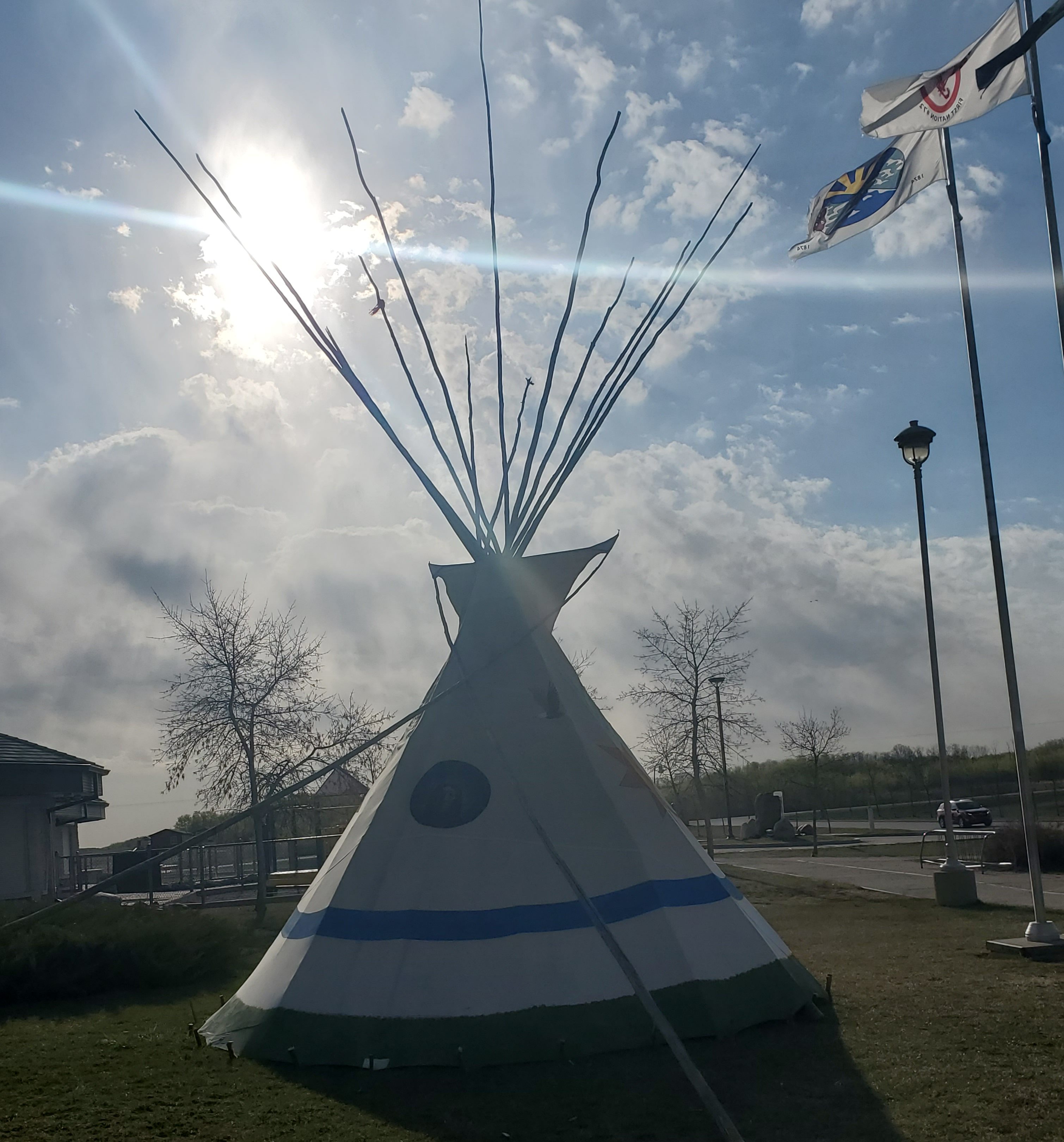Media literacy week: Reflecting on what it means to be a media literate student in today’s digital world/classrooms.
Potter’s (2010) take on media literacy places our role as a teacher in a position to find the balance between how we teach with technology and what skills students know or bring into the classroom. To build up skills for literacy we must assess what we are working with. My classes are diverse. On any given day I might have a student with beginning computer skill: navigate a browser, hunt and peck keyboarding or lack of troubleshooting confidence. Then flip to a media literate student who can surf, navigate and produce media artefacts with fluency and confidence.
Why such a gap? Potter’s (2010) article talked about a common ground to build effective literacy and intervention as a focus of curriculum design. The place where our students can be taught and assessed for those key literacy skills of accessing, analyzing, evaluating and communicating media messages. The gatekeepers of social media are in our classrooms. Their social worlds are tech based, where they can easily surf, navigate and produce artefacts and are active, engaged messengers and recipients. How can we channel that energy into learning? Integrating some digital citizenship and media literacy lessons gives the classroom a space to discuss how tech impact our/their world and identity. Building a common ground and classroom landscape of learning with technology in today’s digital world.

Hi Ramona,
The gap you’ve observed is a clear indication that there’s a need for a common ground where all students can build effective media literacy skills. As you pointed out, today’s students are often digital natives, comfortable with technology and social media, but there’s a need to guide their energy and enthusiasm towards meaningful learning experiences.
LikeLike
I appreciate your ideas of the digital landscape being a “leveler” of sorts for our students. This leveling being done though the lens of media literacy. From what I understand, this was the original vision of the internet – the great leveler, a landscape where people of all background would be on even playing field with unprecedented and unblocked access to information. Whether that original dream has come true is up for debate, but I agree with your comments that common ground is needed.
LikeLike
I see the diversity of technological skills in my own classroom as well Ramona. In a way think we need to be a bit more like the medical field when it comes to media literacy. While there are general pieces of advice that apply to everyone (eat well, exercise regularly, avoid drugs/alcohol), everyone needs a degree of personalized care. I think all students benefit from a discussion of how advertisers target you, how information is manipulated or tampered with, and understanding algorithms – but some students are ready for more nuanced discussions or specific interventions. For the YouTube addict there may need to be a discussion of screen time and how companies fuel engagement. For the gamer it might be a discussion of etiquette and bullying.
LikeLike